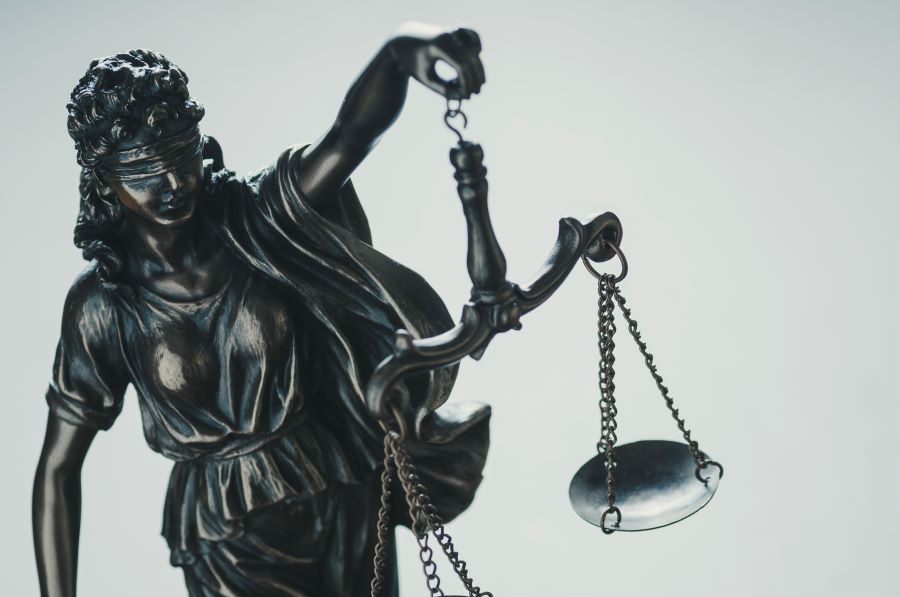
Domestic Violence Victims Not Safe In Family Courts
A letter signed by 130 family lawyers and family law professionals has stated that family courts are not safe for domestic violence victims due to ‘outdated views’ held by some judges.
Inspired by the case last year, where a judge ruled a woman had ‘taken no physical steps’ to stop a rape, the family law specialists have written to the Lord Chancellor Robert Buckland, as well as Sir Andrew McFarlane, president of the family division, calling for immediate action to address issues.
Following the trial in question, the victim won an appeal against the decision in a written ruling by Ms Justice Russell, after it was found that there were “obsolescent concepts concerting the issue of consent”.
The written ruling also indicated that family court judges should get training on how approach allegations of serious sexual assault.
“Currently there is comprehensive training on the procedural aspects of such trials and the implementation of PD12J in particular.
“Judges who sit in the family courts are not, however, required to undergo training on the appropriate approach to take when considering allegations of serious sexual assault where issues of consent are raised.
“Such training is provided to judges who are likely to try serious sexual allegations in the criminal courts. In principle the approach taken in family proceedings should be congruent with the principles applied in the criminal jurisdiction.
“I have discussed this with The President of the Family Division, and he is going to make a formal request to the Judicial College for those judges who may hear cases involving allegations of serious sexual assault in family proceedings to be given training based on that which is already provided to criminal judges.
“This is a welcome development, a cross-jurisdictional approach to training on this important topic will be of assistance, support and benefit to all judges and will foster a more coherent approach.”
Although news of the request for judges to receive training when they hear cases of serious sexual assault during family proceedings, lawyers feel that more needs to be done.
The letter states:
“We are aware that other family judges hold similar “outdated” views. There are wider systemic issues including some lack of understanding of domestic abuse and serious sexual assault, and a failure to apply the practice directions to afford victims a fair trial. This is despite training and clear rules. It leaves children and women at risk of serious harm and undermines the credibility of our legal system. Increasingly, the courts are no longer seen as a safe place for women who have been abused.”
Since the publicity regarding the case and the judge’s views, it “has resulted in women contacting some of the signatories to the letter with their experiences” of the judge and other judges who have expressed similar attitudes.
The letter goes on to say:
“Their concerns have included attitudes about sexual violence as seen in JH v MF, professional assessment of abusive parents being disregarded without reason and failure to provide special measures during hearings…
“The attitudes expressed by the judge in this case impact upon the credibility of the judiciary and calls into question the integrity of the Family Courts. Arguably, it has undermined the rule of law and the principle that justice must be seen to be done.”
There has also been notice that Rights of Women will be raising a formal complaint about the judge to the Judicial Conduct Investigations Office.
Before concluding, the letter calls for action to be done, including:
- Immediate appointment of trained domestic abuse champions in each Family Court to ensure there is understanding of domestic violence and abuse as well as ensuring correct procedures and measures, as well as Practise Direction 12J are used.
- Rigorous training in 2020 for family law judges on the approach to consider with domestic abuse and serious sexual abuse cases.
The letter was signed and supported by various women’s rights charities, the London Victims’ Commissioner, the Domestic Abuse Commissioner and the National Victims’ Commissioner.










